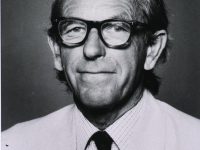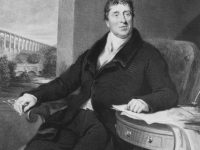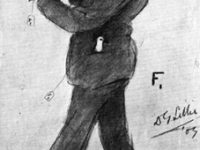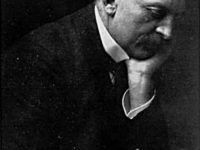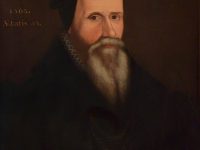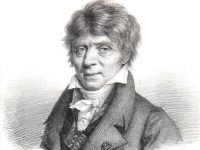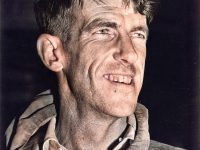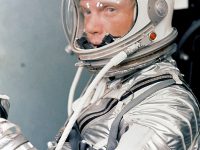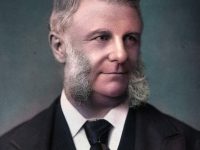Jean de La Bruyère and the Power of Money in a Demoralized Society
On August 16, 1645, French philosopher and moralist Jean de La Bruyère was born. La Bruyère is best known for one work, Les Caractères de Théophraste traduits du grec avec Les Caractères ou les moeurs de ce siècle (1688; The Characters, or the Manners of the Age, with The Characters of Theophrastus), which is considered to be one of the masterpieces of French literature. “Life is a tragedy for those who feel,…
Read more


